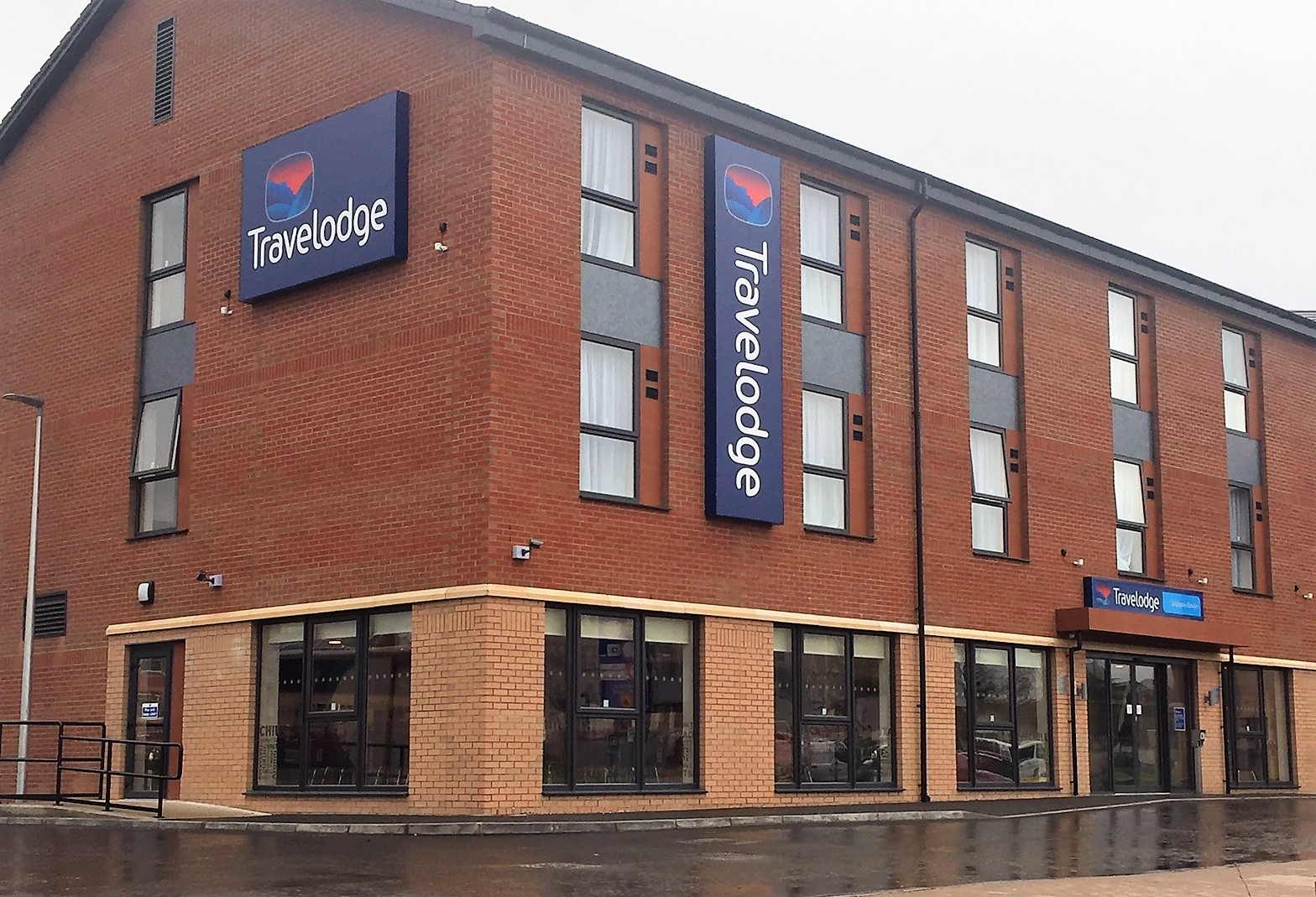Travelodge puts joint development proposal to local authorities

Hotel operator Travelodge has written to 220 local authorities across Britain proposing a joint development partnership that it said can act as a catalyst to stimulate regeneration and facilitate further growth.
The company has identified that it can expand its UK hotel network with a further 300 target locations for new hotels across the UK and is offering local authorities the opportunity to have one or multiple hotels within their region to support their regeneration programmes.
This expansion programme could represent an investment of around £3 billion for third party investors and create over 9,000 new jobs across the UK.
Target locations include Glasgow city centre, Glasgow SECC, Silverburn, and Glasgow West End.
In 2022, Travelodge opened six new hotels, three of which were local authority partnerships with two hotels located in London at Docklands and Wimbledon and the third hotel situated in Braintree. The group is also currently on site with construction of two further Travelodge hotels being delivered in direct partnership with local authorities in Rotherham and Colchester.
These bespoke agreements have had unique funding structures, all of which have enabled local authorities to utilise their existing assets, create jobs, generate income, and help to regenerate brownfield land in strategically important locations.
Some of the new Travelodge hotels in this programme have been built on surplus local authority land, with the funding provided either through the local authority’s internal resource or via low-cost funding from the Public Works Loan Board or third-party resources.
Upon completion of the hotel development, local authorities have the choice of either retaining ownership of the hotel and receiving an annual rent into the council’s revenue budget or selling the hotel with Travelodge as its operator.
The two recent London Travelodge hotel openings at Docklands and Wimbledon as well as Colchester were lease-wrapper deals, also known as income-strip deals. Under this structure, the council takes a headlease, with Travelodge being the undertenant. The rent that the council pays is lower than the rent it receives from Travelodge – with an annual profit rent for a 30+ year period.
Steve Bennett, Travelodge chief property & development officer, said: “In the current climate, local authorities are under extreme pressure to invest in their economy and support regeneration projects. This is why we are today writing to 220 Local Authorities to offer our support, as we can make a real difference. We have a proven track record of working with 25 forward-thinking Local Authorities across the UK from Ashford to Stirling. Our effective, innovative co-partnership development deals are spearheading regional economic growth and providing a solid long-term revenue stream.
“Britain is now a nation of budget travellers, with more of us choosing to stay in budget hotels than any other hotel type and this trend is set to grow, which is why we are looking to expand our UK hotel network with a further 300 hotels. Adding a Travelodge hotel can be a catalyst to attract new businesses, support regeneration, bring vacant buildings back into economic use as well as attracting thousands of new overnight visitors to the area and revitalising High Streets.
In addition, our research shows that, on average, Travelodge customers will spend at least double their room rate with local businesses during their stay; this can be an annual, multi-million-pound boost into the local economy.”















